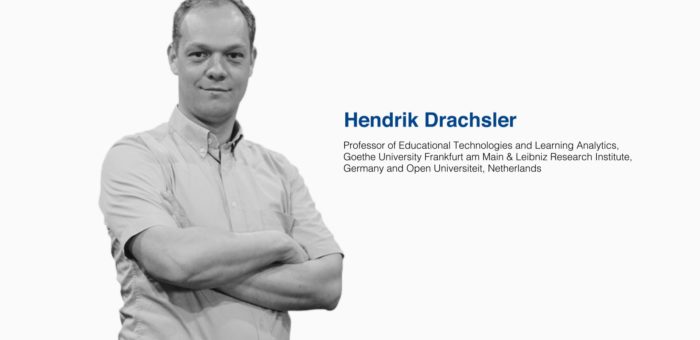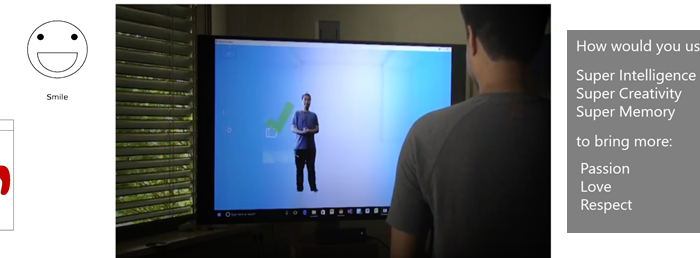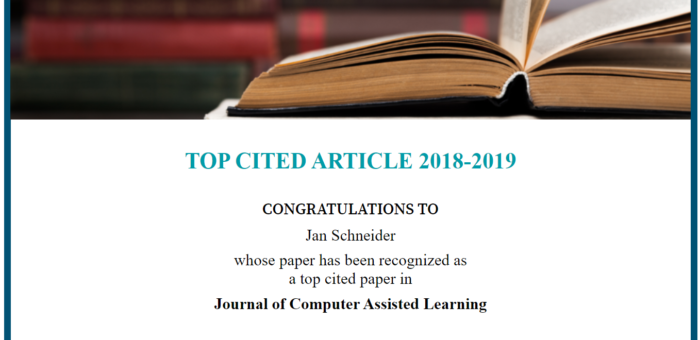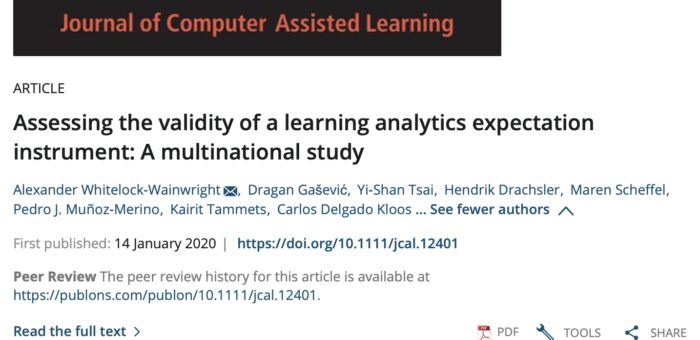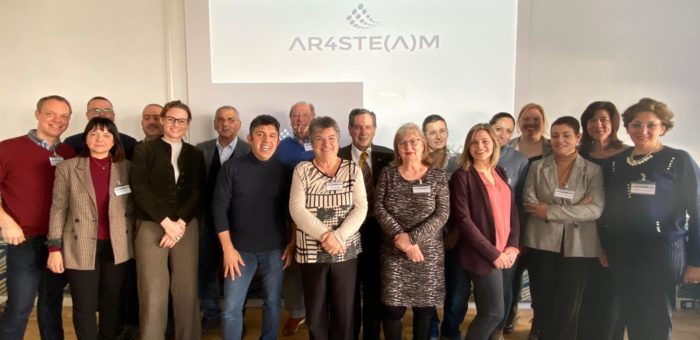
Personalia
On 01.02.2020 Dana Kube started as European Project Coordinator at the EduTec group. Dana manages international scientific cooperation projects such as a strategic partnership in schools co-funded by the European Commission. She started her career as a social science researcher and project staff in 2016 working in several EU projects in the field of education in the Western Balkans and Northern Africa. She then supported the German Development cooperation agency in Frankfurt and joined the DIPF staff in 2019. More details about Dana can be found on her personal profile page.

